DS 3.5
Tutors
Sho Ito
itos@westminster.ac.ukSho Ito is a registered architect and the founder of S-ITO (Studio-Interdisciplinary Thought Operations), a design and research studio in London, UK. Ito graduated from the Architectural Association and has worked for RSH+P, DRMM, and AHMM across the commercial and residential sectors. Ito is currently a First-Year Studio Master and a Diploma Technical Studies tutor at the Architectural Association and a Studio Master at the University of Westminster. Ito has a particular interest in architecture that seeks spatial reactions to unveil and trigger a discussion around the socio-political issues of today.
Read More...Neil Kiernan
n.kiernan@westminster.ac.ukNeil Kiernan is a practicing architect having worked at a number of award-winning practices. He is design tutor for 1st & 2nd Year BA Architecture studios at Westminster. Neil has a continued & developing interest in the research of gender space and architecture.
Read More...Guest Critics
Jisoo Hwang (Hopkins Architect) Michela Falcone (AA Tutor) Fearghus Rafery (AA Tutor/Hopkins Architect)
Miraj Ahmed (AA Tutor)
Jisoo Hwang (Hopkins Architect)
Patrica Mato-Mora (Artist) William Mclean (Head of Technical Studies Westminster) Sandy Lee (Architect)
Kerry Dickinson (Architect)
Boji Hu (RSH+P)
Youngbin Shin (Fosters+Partners) Alex Le-Duc (Oxford Brooke Tutor)
This year, Studio 5 explored the phenomenon of the ‘New Revolution’ by investigating what is necessity for human interaction and mankind’s fundamental primary space, the community. As a studio we speculated how the 5th industrial revolution will impact how we might interact on a day-today basis. Whilst considering the impact and change to familiar city centres such as Soho. The New Revolution will impact all parts of human life, thus inevitably shaping lifestyles, living conditions and shared systems in the complexities of today. It is understood that human behaviour emerged from what can be broadly categorised as 4 basic forms of evolutionary processes associated with human revolution. First Revolution; used water and steam power to mechanize production. Second Revolution; used electric power to create mass production, thus the division of labour. Third Revolution; used electronics and information technology to automate production generating ideologies and cultural artefacts through the creation of institutions and technology. Fourth Revolution; the current which is about the rapid change to technology, industries, and societal patterns, increasing interconnectivity and smart automation in our daily life. The co-evolution of these four revolutions has dramatically altered human behaviour and its relationship to the whole planet. The studio asks students to speculate on the next “New Revolution”. To think, develop and propose designs that speculate beyond the conventional m
Read More...


















